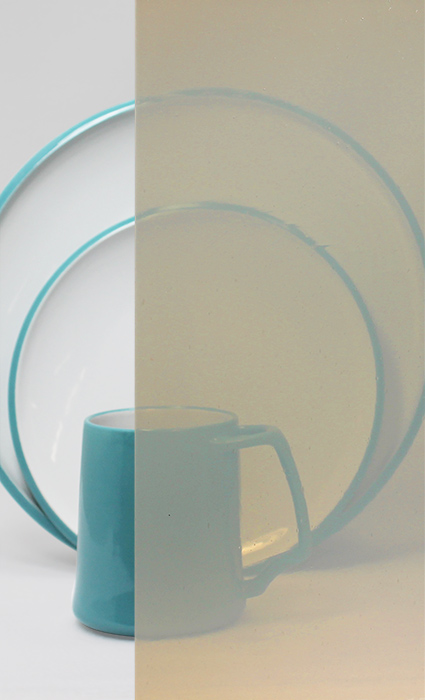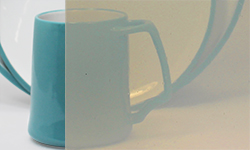Lamberts Mouth-Blown Tan Opal
- Pattern Direction: N/A
- Max. Sheet Size: 23"W x 35"H
- Min. Sheet Size: 2"W x 2"H
- Order a Sample Samples are 2-5/8" x 5" & cost $3.00 + $13.95 S&H per order. Please add $27.95 S&H for samples to Canada.
Important Notices
Glass Sizes:
- Please allow for the standard +/- 1/16" cutting tolerance on all orders.
- We sell larger sizes (in excess of 20" X 40") only to the trade. Please order through your installer.
Special Note For Laminated Glass:
- A fine, clear tape line +/- 1/4" from the edge of the glass may be visible on close inspection.
Pricing:
- For pricing purposes, the glass is calculated to the next higher even inch. This is standard glass industry practice. EXAMPLE: 17 3/4" x 18 3/4" is billed as 18" x 20". A minimum charge of one (1) square foot per piece applies.
Order Processing:
- Standard non-safety glass orders generally ship in approximately 10 business days from receipt of order. Safety tempered, laminated, and polished orders require additional processing and generally ship within 20 business days.





 For standard square and rectangular cabinet openings:
For standard square and rectangular cabinet openings: